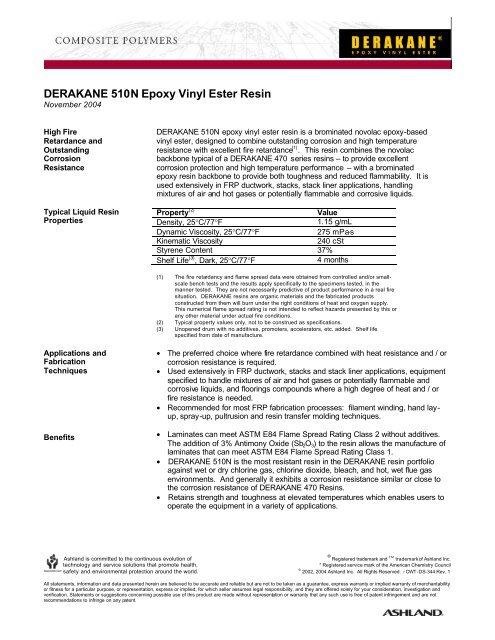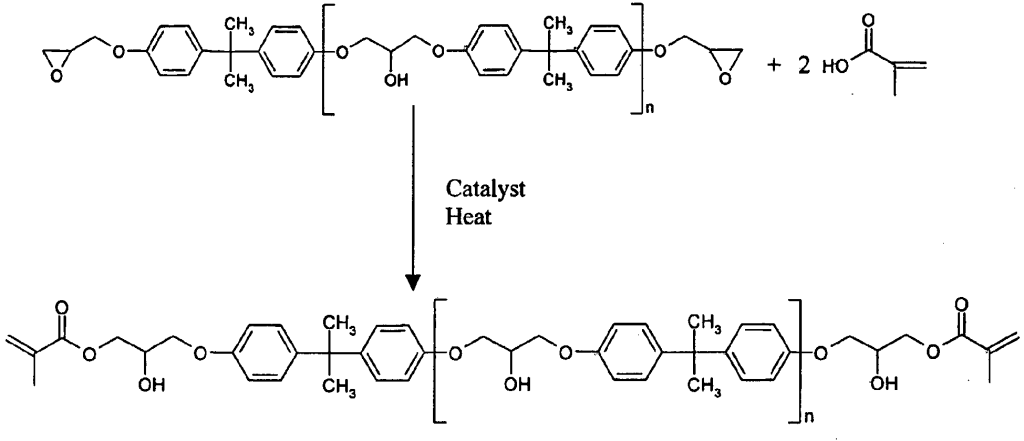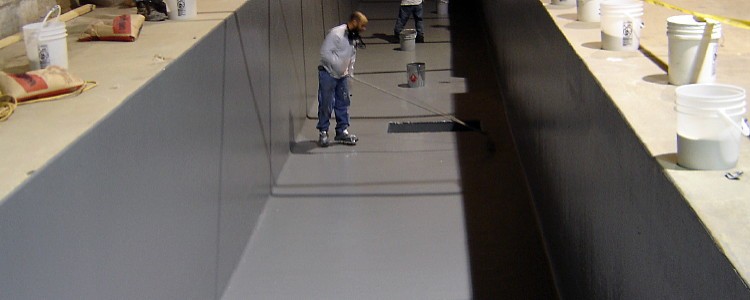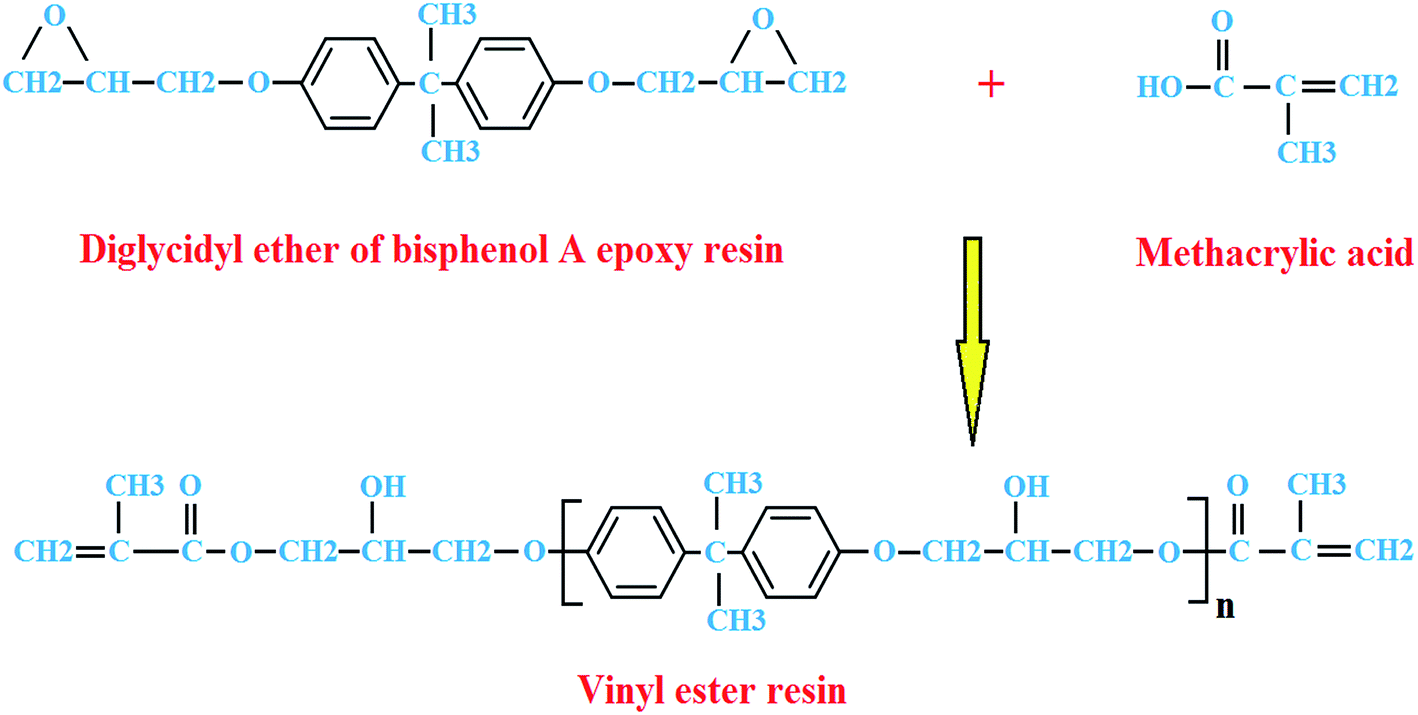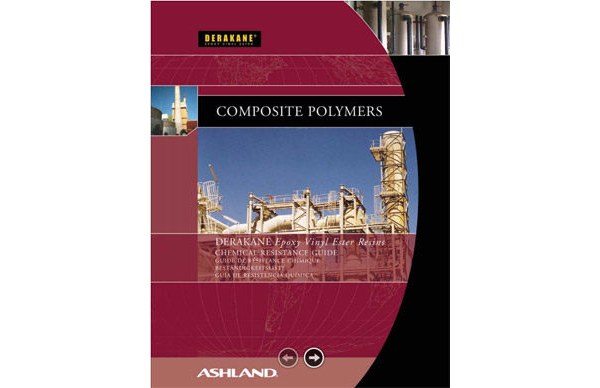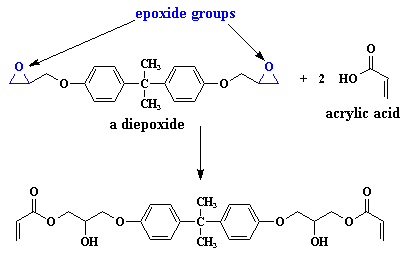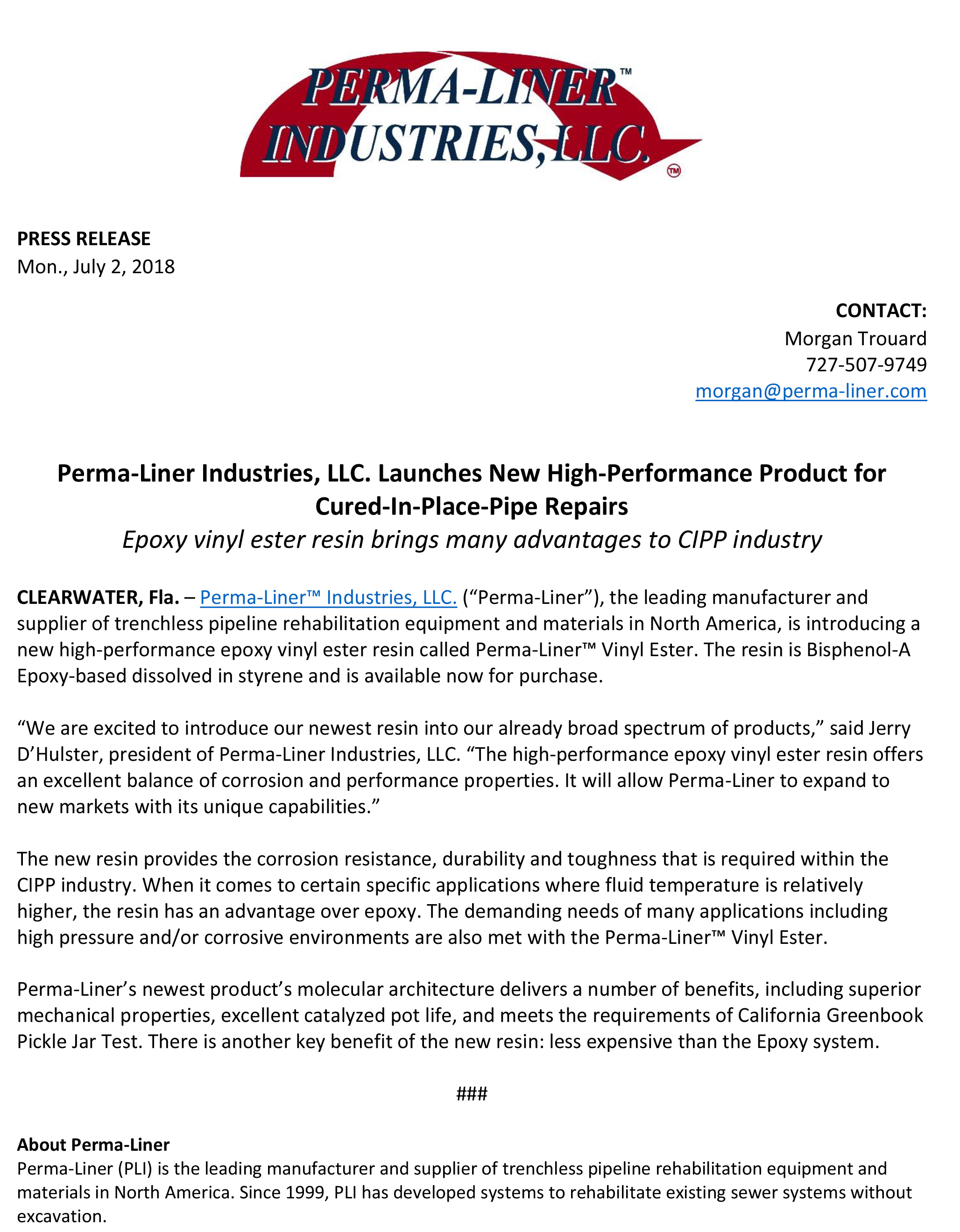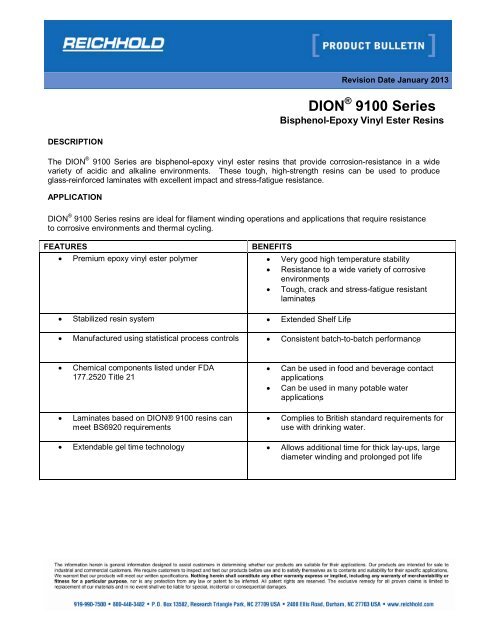Are low styrene monomer bisphenol a epoxy vinyl ester resins with mechanical thermal and chemical resistance properties between derakane 411 and derakane 470 resins.
Epoxy vinyl ester resin chemical resistance.
It s high retention of strength and toughness at higher temperatures makes it ideal for flue gas applications.
High density cross linked products are suitable for temperatures above 250 of 121 oc.
It offers high resistance from solvents acids and oxidizing substances including chlorine.
Vinyl ester resins offer in general excellent resistance to acids alkalis hypochlorites and many solvents.
Standard epoxy vinyl ester resins are limited to 220 250 of 104 121 oc in most applications.
Their unique combination of high hdt and elongation makes them resins of choice for applications with thermal cycling e g for chemical reaction vessels.
It is a resin used when both chemical resistance and flame retardancy are required.
Their unique combination of high hdt and elongation makes them resins of choice for applications with thermal cycling e g for chemical reaction vessels.
Extremely chemically resistant finishes.
Derakane and derakane momentum 411 resinsare the globally recognized standard for epoxy vinyl ester resins.
References and notes in some cases conventional solvents such as xylenes are also used.
Epoxy resin have an excellent electrical thermal and chemical resistance.
Polives 721 epoxy novolac based vinyl ester resins are.
They are based on bisphenol a epoxy resin and they provide resistance to a wide range of acids alkalis bleaches and solvents for use in many chemical processing applications.
They offer excellent toughness and fatigue resistance.
It offers improved thermodynamic resistance over polyester alongside a broader range of resistance to aggressive corrosives.
Epoxy polyepoxide is an epoxide polymer that cures when mixed with a catalyzing agent or hardener.
Are low styrene monomer bisphenol a epoxy vinyl ester resins with mechanical thermal and chemical resistance properties between derakane 411 and derakane 470 resins.
It is common to increase the strength of epoxy with fibrous reinforcement or mineral fillers.
Epoxies can be converted to vinyl ester resin through esterification with acidic catalysts creating an intermediate product with mechanical strengths lower than that of epoxy resins but greater than polyester.
